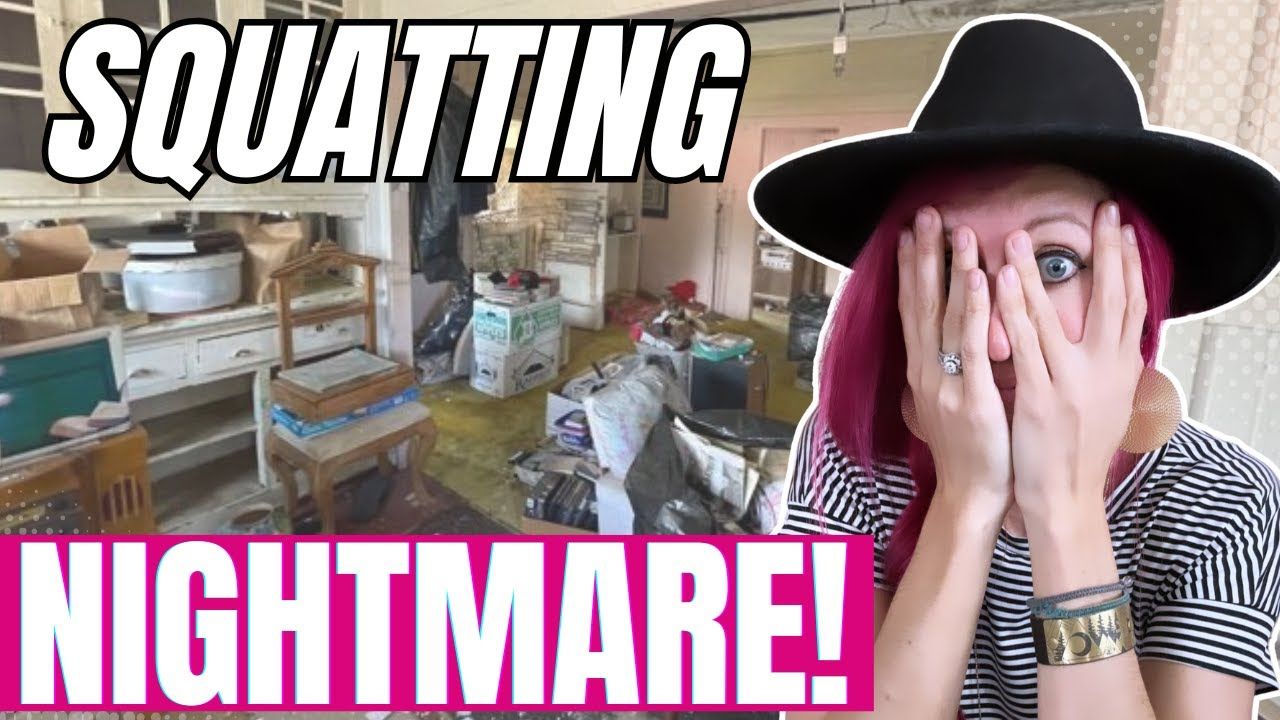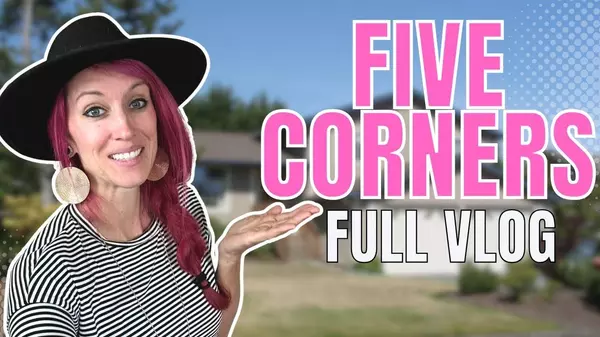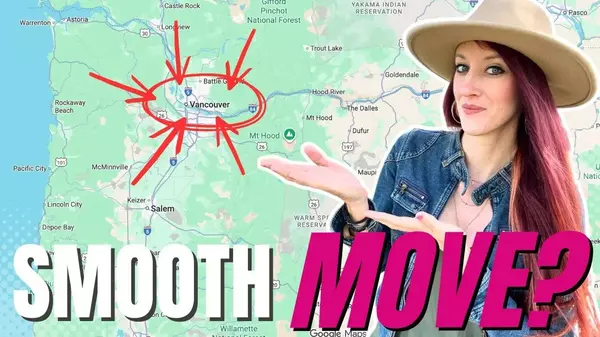Squatter Rights in Washington State: What You Need to Know in Southwest Washington

Squatter Rights and Eviction: What You Need to Know in Southwest Washington
Hey everyone, it's Cassandra Marx, also known as Realtor Cass, your local area expert and friend, guiding you through everything in Southwest Washington, Clark County, Vancouver, and even Portland. If you’re thinking about making a move here, feel free to reach out via email, text, or DM on my socials at Realtor Cass. Let’s chat about all your Pacific Northwest and homeownership questions!
Recently, Florida has been making headlines with issues surrounding squatters. Before a new bill was signed into law, squatters were considered tenants in Florida and had certain rights. Now, they face criminal charges. This has many of you wondering—what about Washington? When is a squatter considered a tenant, and are they subject to tenants' rights?
Let's dig into these questions because if you're thinking about moving to Southwest Washington, understanding squatter laws is crucial.
Squatters and Adverse Possession in Washington
In Washington, squatters can make a claim of ownership through adverse possession, a legal doctrine allowing someone to claim ownership of property after occupying it for a certain time, usually seven to ten years. This applies in all 50 states.
Here’s an example: You and your neighbor have a strip of lawn between your driveways. If your neighbor has been mowing that strip for ten years without objection from you, they could claim it through adverse possession.
What Defines a Squatter?
A squatter starts living on someone else's property without the owner's consent and does not pay rent. Typically, squatters occupy unoccupied, abandoned, or foreclosed properties.
Squatting vs. Trespassing
It’s easy to confuse squatting with trespassing, but legally they are different. Squatting is a civil matter, not a criminal offense, unless the property owner discovers the squatter and demands they leave. At that point, the squatter becomes a trespasser.
Holdover Tenants
Holdover tenants are renters who refuse to leave after their lease expires. If allowed to stay on a month-to-month basis, they must follow the terms of their lease. If not, the landlord can file an unlawful detainer lawsuit, making them trespassers, unable to claim adverse possession.
Do Squatters Need to Pay Property Taxes?
Yes, squatters must pay property taxes for at least seven uninterrupted years to make a legal claim of ownership.
Conditions for Adverse Possession
In Washington, a squatter must meet the following conditions to claim ownership:
- Hostile Claim: This can mean either mere occupation without knowledge of the true owner or awareness of trespassing.
- Open and Notorious Possession: The squatter must publicly occupy the property, not hiding their presence.
- Actual Possession: The squatter must physically possess the property, maintaining or improving it
A Story of Adverse Possession
I recently heard a story on TikTok about a woman in Laguna Beach, California, who used adverse possession to claim a vacant lot. She maintained the property, paid back taxes, and after seven years, filed for adverse possession, eventually building a home on the oceanfront lot.
Evicting a Squatter in Washington
Unlike many states, Washington allows property owners to involve the police to remove squatters. Owners need to provide a declaration form stating:
- They are the property owner or representative.
- The squatter has no legal authority to occupy the property.
- The property was not abandoned when the squatter began living there.
If the squatter cannot prove their right to the property, they will be removed and may face criminal trespassing charges.Exclusive Possession
A squatter must have exclusive possession of the land, meaning they cannot share it with other squatters, tenants, or the property owner to make a successful adverse possession claim.
While Washington's situation isn't as chaotic as Florida's, it's crucial to understand that squatters are only those who haven’t paid rent. Always use a licensed, professional property manager to avoid potential issues.
I'll drop some resources in the description below. If you're looking to invest in Vancouver, check out my video on upcoming Airbnb rules, which might affect your investment strategy. As an investor myself, I can help you navigate these changes.
Thanks for spending time with me today. I'm Cassandra Marx, also known as Realtor Cass, a farmer with a wee little real estate problem. I hope you found this post informative. Until next time, bye!
Sign up for my monthly newsletter to receive expert advice, important local updates, and insider knowledge on the best ways to thrive in this unique region. Whether you're buying, selling, or simply curious about life in the Pacific Northwest, I've got you covered.
👉 Join my newsletter today and never miss a beat! Just enter your email below and get exclusive access to all things Southwest Washington. Let’s stay connected!
Frequently Asked Questions
Can you evict a squatter in Washington state?
Yes, but it must be done legally through the court system. You cannot use force or lock them out; instead, you must file an unlawful detainer action.
What is the new squatter law in Washington state?
As of 2024, House Bill 2278 allows property owners to file a streamlined affidavit to remove unauthorized occupants (squatters) more quickly, without a full eviction trial in some cases.
How do I get someone out of my house in Washington state?
If they don’t have a lease but refuse to leave, you must give proper notice and file for eviction in court. Do not attempt to physically remove them yourself.
Are there squatter's rights in WA?
Yes. Under adverse possession laws, a person can claim legal ownership after 10 years of continuous, open, and hostile occupancy—though it’s rare and complex to prove.
Can I beat up a squatter?
No. Using violence or force is illegal and could lead to criminal charges against you. Always handle squatters through legal channels.
How long do you have to squat to get a house?
In Washington, a squatter must occupy a property continuously and openly for 10 years and meet strict conditions to claim ownership under adverse possession.
How to prevent squatters in Washington state?
Secure vacant properties, post "No Trespassing" signs, inspect regularly, and act quickly if unauthorized occupants appear. Filing police reports early helps document trespassing.
How long before a guest becomes a tenant in Washington State?
If a guest stays more than 14 consecutive days or pays rent, they may be legally considered a tenant, requiring formal eviction to remove them.
How do I remove someone from my house that won't leave?
You must give written notice (typically 20 days) and file an eviction case in court if they refuse to leave voluntarily. Don’t change locks or remove belongings without a court order.
Can a guest become a squatter?
Yes. If they stay without your permission and won’t leave, they can be considered a squatter. The longer they stay, the harder it becomes to remove them without formal legal action.
Categories
Recent Posts










GET MORE INFORMATION

Cassandra Marks
Realtor, Licensed in OR & WA | License ID: 201225764
Realtor, Licensed in OR & WA License ID: 201225764
